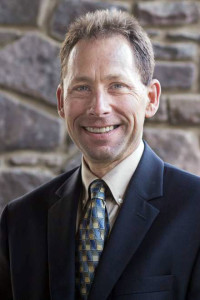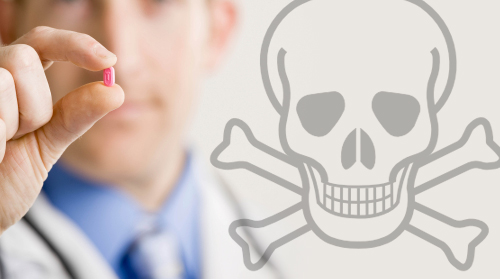Oped: Physician-assisted suicide is a danger that extends beyond the patient
A bill introduced by Rep. Rebecca ChavezHouck titled “End of Life Options Act” promotes compassion and autonomy by permitting patients to choose when to end their life when faced with a terminal illness. But this bill is not about giving patients the right to die but about giving physicians the right to kill.
Physicianassisted suicide (PAS) should not be legal because it is dangerous.
It is dangerous for society. There is a slippery slope. The cheapest form of healthcare at the end of life is a handful of lethal pills. In Oregon, the nation’s first state to adopt physicianassisted suicide as law, a woman needing expensive chemotherapy recommended by her doctor was denied it by the state; but the state said it would be happy to cover her cost for assisted suicide.
We have the unique perspective of seeing the consequences of legalized PAS in Europe. For Holland, they began with the terminally ill, expanded to the chronically ill, followed by the mentally ill and finally to those not ill at all.
“Physicianassisted suicide” becomes “voluntary euthanasia,” followed by “nonvoluntary euthanasia” and finally “involuntary euthanasia.” It started with those who could give consent, followed by those who couldn’t and finally to those who wouldn’t because, “It was in their best interest.” It was first allowed for adults, followed by children and finally by newborns.
What does the future hold for newborns born with congenital heart conditions, Down syndrome or a second child from China who turn out to have two sex “X” chromosomes?
It’s dangerous for physicians. Suicide is not illegal or difficult. It takes no great skill to kill, but it does to provide superb endoflife care. You could go to medical school a half day and learn to do it. It is the easy “solution” for a difficult disease and a time consuming patient. This dangerous idea is not new. Before Hippocrates, physicians both cured and killed. Trust, the foundation of the doctorpatient relationship, didn’t exist. Legalizing physicianassisted suicide will ultimately destroy the doctor and patient relationship built on trust. How can you trust a doctor who is judge, jury and assistant executioner? It is dangerous for families. It will worsen elder abuse by tired caregivers, greedy beneficiaries or simply wellmeaning but uninformed spouses. Just one year ago, the Tribune published an article about a man charged in killing his ailing wife. According to the article he was in possession of a book, “If You Go into a Nursing Home, Will Your Spouse Go To The Poor House?”
And it’s dangerous for you. The socalled “right to die” will quickly become the duty to die. There is nothing heroic or dignified about killing yourself. It sends a dangerous message that there are both “good” and “bad” suicides. The most common reason for suicide in the terminally ill is undiagnosed depression that can be treated by kind, caring compassionate physicians who uphold the basic tenants of the Hippocratic Oath to “do no harm.” In my 25 years as a family physician caring for residents of the greater Magna community — many who have suffered from mental illness — none who were well treated for depression ever wanted to die.
The better alternative is to train more palliative care physicians, modify laws to allow for adequate pain control at the end of life and mobilize faith communities and others to provide emotional and endoflife support to struggling patients and families.
Physicianassisted suicide is not about giving patients the right to die. Proponents want to wrap a medical veneer of respectability around a tragedy. It takes no great skill for physicians to assist in suicide. What takes consummate skill and training is providing good endoflife care. We need to focus our efforts on killing the suffering, not killing the patient.
 Brian Zehnder, M.D., is a family physician from Magna. Previously president of the Utah Academy of Family Physicians, he is the current Utah director for the American Academy of Medical Ethics and medical director for Exodus Healthcare Network.
Brian Zehnder, M.D., is a family physician from Magna. Previously president of the Utah Academy of Family Physicians, he is the current Utah director for the American Academy of Medical Ethics and medical director for Exodus Healthcare Network.


